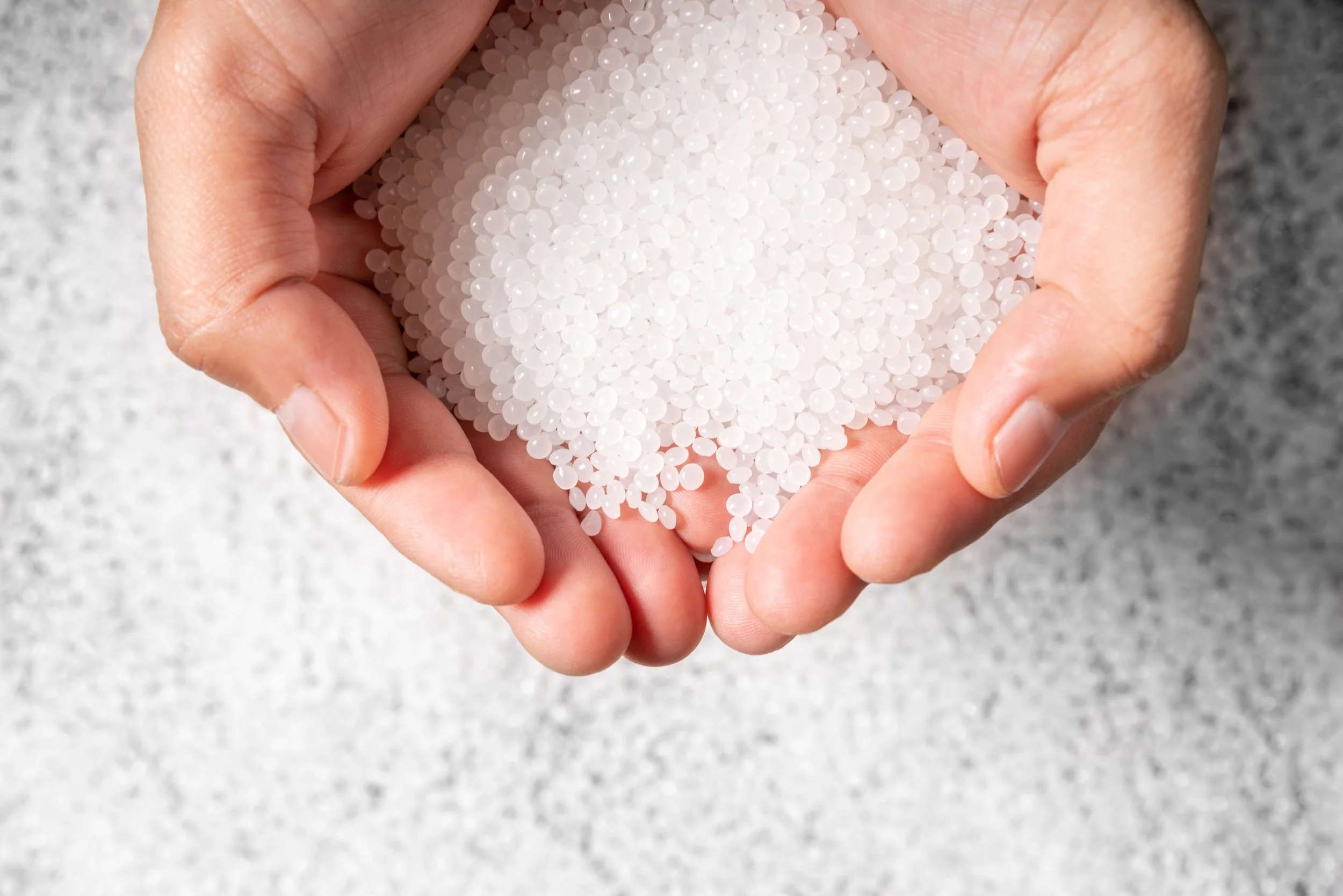
Biodegradable Plastic Additives
Innovative Additive Technology for Eco-Friendly Plastic Decomposition
Why Pristine?
Plastics offer unparalleled advantages in terms of safety and durability. However, plastic disposal presents a significant problem. Due to their carbon-based polymer composition, plastics do not biodegrade at a rate comparable to other organic materials. This has resulted in a staggering increase in plastic pollution. Pristine biodegradable plastic additive is the solution.
Pristine® promotes the biodegradation of plastics within a landfill and marine environment. With approximately 353.3 million tons of plastic waste generated globally each year, landfills are rapidly reaching their capacity. In response, Pristine® was developed to address the worldwide challenge of plastic pollution by enhancing plastic manufacturing with the biodegradation and compostability processes.
353 MILLION TONS
OF PLASTIC WASTE:
BENEFITS OF PRISTINE IN MANUFACTURING:
Recyclable
Makes plastic biodegrade*
Fractions of a penny per unit
Pristine® load rate 1.00%
No retooling required
No change in end product shelf life
HOW PRISTINE ACCELERATES BIODEGRADATION :
Incorporating Pristine® into manufacturing creates a catalyst for biodegradation once plastic reaches a landfill or marine environment. Pristine® enables microbes to form a biofilm on the plastic’s surface, allowing them to penetrate and expand the molecular structure. This triggers quorum sensing, attracting more microbes that release signals to accelerate the breakdown of polymer chains—ultimately turning plastic into a usable food source for microbes.
PRISTINE COMPATIBILITY:
Pristine’s® range of additives is carefully formulated to be compatible with most plastics, including but not limited to:
EVA · HDPE · LDPE/LLDPE · PP · PVC · TPE · GPPS · HIPS · ABS · SAN · PET · PETG · RPET · APET · BOPP · BCTG · EPDM (Rubber) · Butyltyperubber · Polyester · Polyester Ealstomer · Polycarbonate · Urethanes (PU) · Triran · Nylons · Styrene · Olefins · Elasastomeric Material
Rigorous testing of all our organic additives is conducted using the ASTM D5511, 5338 and 6691 method. These methods provide a measure of how rapidly plastic treated with Pristine® breaks down compared to untreated plastic.
Unlike compostable or oxo-degradable plastics, the Pristine® plastic additive ensures efficient biodegradation of plastic in standard landfill and marine environments. Co-branding your additive-treated plastic with the Pristine® logo benefits your business by offering:
SUPERIOR TO OTHER PLASTIC WASTE SOLUTIONS
Recognition:
Pristine® plastic additive is one of the most recognizable biodegradation* enhancing plastic additives worldwide.
Pristine® has been tested by independent facilities using recognized ASTM test methods including the ASTM-D5511, biodegradation* D6691 marine and D5338 composting method. The organic additive has been proven through these tests to increase the rate of biodegradation* in durable plastics.
Credibility:
We recognize the shift toward environmental regulations and help your business stay ahead of potential legislation that could affect your manufacturing.
Experience:
*Co-branding your product with Pristine® is simple, and our marketing team will work with yours throughout the process!



